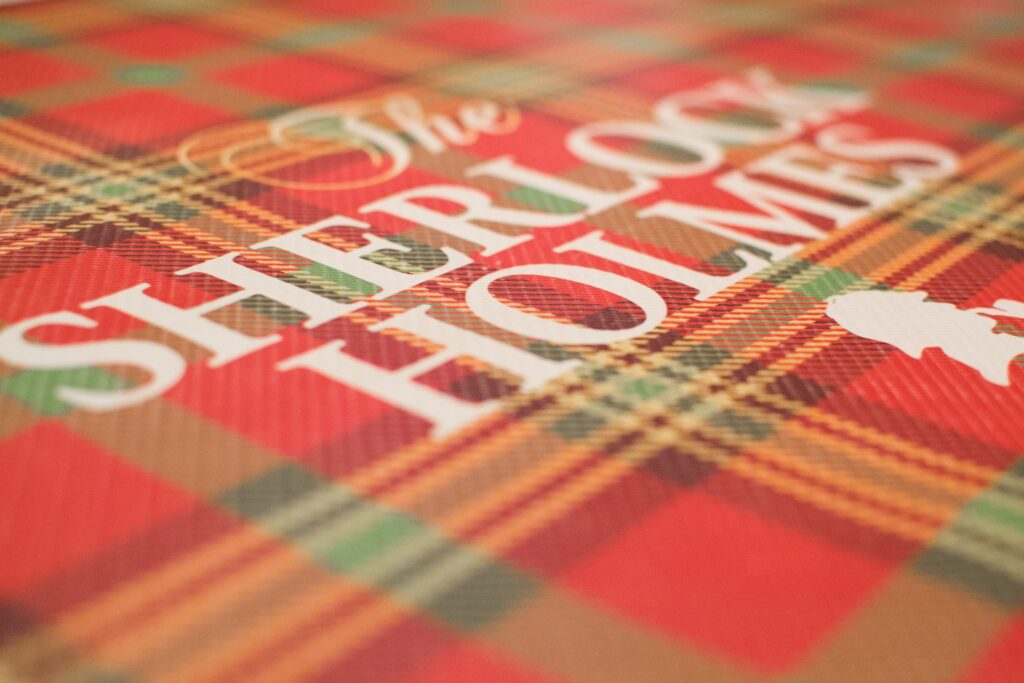As Scotland has been a multilingual country for centuries, its culture and its literature have also taken on a multiplicity of forms, in which different languages have often coexisted. In 14th– and 15th-century poetry, together with poems derived from Classical sources or the chivalric tradition, we find a famous verbal duel, The Flyting of Dunbar and Kennedy, and the historical poem The Brus, by John Barbour, on the King of Scots who defended Scottish independence in the 14th century and that present-day audiences may know through the film Outlaw/King (2018).

However, it is at the onset of the modern age that themes begin to emerge and gradually develop into tropes that contemporary readers typically associate with Scotland’s Gothic atmospheres, such as witchcraft. James VI, King of Scots, the monarch who united England and Scotland under one crown upon the death of Elizabeth I, is famous for his treaty on poetry and also for a treaty on demonology, and this interest is perceived in Macbeth, which Shakespeare wrote shortly after his coronation.
In the 18th century James Macpherson created a literary figure that would have great impact on the pre-Romantic age: in his Fragments of Ancient Poetry (1760) Ossian became the emblem of a kind of literature in which the myth of antiquity blended with representations of a mysterious and sublime nature – an image that would also influence music: Felix Mendelssohn-Bartholdy wrote his ‘Scottish’ Symphony (1842) and the Overture “The Hebrides”, also called “Fingal’s Cave”, from the name of one of Macpherson’s characters, after a journey in Scotland in search of those views that literature had portrayed. Literature and music are also linked in the case of Robert Burns, possibly of the most famous Scottish authors in the world, whose poem Auld Lang Syne (1788) is sung on New Year’s Eve in many English-speaking. Burns wrote the lyrics for many existing folk tunes, while some of his poems were set to music by European composers – notably, Ludwig van Beethoven.
The author who seems to have given the greatest contribution to the ways in which Scotland would be represented is Sir Walter Scott, whose impact on European culture is also linked to music. For example, his novel The Bride of Lammermoor underpins Gaetano Donizetti’s Lucia di Lammermoor (1835); The Fair Maid of Perth is at the basis of Georges Bizet’s La Jolie Fille de Perth (1867), and the poem The Lady of the Lake is echoed in Gioachino Rossini’s La Donna del Lago (1819). In that respect, Scott appears to be the most influential author in the English language after Shakespeare, and his monument is one of the most iconic features in the Edinburgh skyline; moreover, there is a monument to Walter Scott also in Central Park, in New York.
Today, different tourist trails are based on significant pieces in Scottish literature. Not only has Edinburgh been designated the first UNESCO City of Literature, but the whole country gives the possibility to follow in the footsteps of literary figures. The recent case of Outlander is a perfect example, but it is also possible to go on a Kidnapped trail (based on Robert Louis Stevenson’s novel) or following the adventures of Inspector Rebus, the character created by Ian Rankin.
There are many links also with European literatures, as the works of Scottish authors have been translated into practically every language; besides, there are translations into Scots of Tintin comics and of the works of Roald Dahl.
The intercultural dimension of the Scottish world is seen in the countless festivals that are organized in many areas throughout the year. Edinburgh is of course a well-known destination for audiences interested in literature, drama, cinema, dance, music, street performances, etc. In addition, book festivals are organized in various other centres, such as Ullapool and Wigtown, Scotland’s National Book Town. Also music festivals are held all over the country even in winter months. They are events that are linked with local traditions, through which it is easy to get in touch with a world that has maintained strong links with its past while opening up to the future and to international dialogue.
Marina Dossena – Europe for Scotland ambassador in Italy